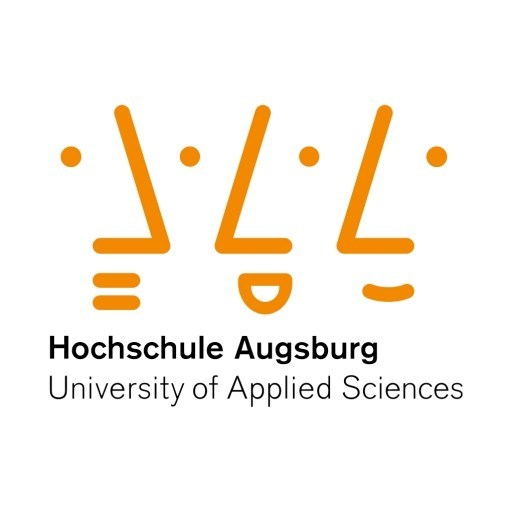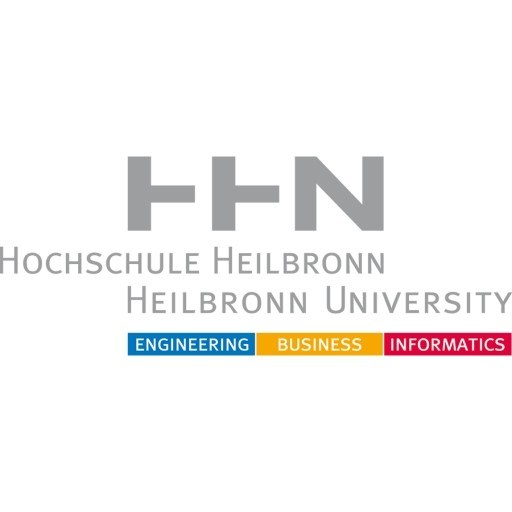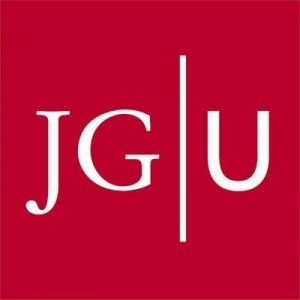Photos of university / #hochschuleaugsburg
The International Business and Finance program at Augsburg University of Applied Sciences offers students a comprehensive education designed to prepare them for global careers in the dynamic fields of international trade, finance, and management. This interdisciplinary program combines core business principles with specialized knowledge in international markets, financial analysis, and strategic decision-making. Students will acquire a solid foundation in economics, accounting, marketing, and organizational management, alongside targeted coursework in international business practices, foreign trade, currency exchange, and financial instruments. The curriculum emphasizes practical skills through case studies, internships, and project work, enabling students to develop critical thinking and problem-solving abilities relevant to multinational corporations and financial institutions. Additionally, the program fosters intercultural competence and language skills, essential for effective communication in diverse global environments. Students will benefit from small class sizes, close interaction with experienced faculty, and access to modern facilities and resources. The program also includes opportunities for international exchanges and collaborations with partner universities worldwide, broadening students’ perspectives and professional networks. Graduates will be equipped to pursue careers in international finance, consulting, export-import companies, and multinational organizations, or to continue with postgraduate studies. With a strong emphasis on practical relevance and global perspectives, the International Business and Finance program at Augsburg University of Applied Sciences prepares students to succeed in the rapidly evolving international business landscape and to make meaningful contributions to their future employers and communities.
Educational organisation
The study plan is as follows:Semester one (30 ECTS)
Compulsory modules
M1 Financial Market Decisions
Contact hours (Con/h): 2, ECTS: 4
M2 Business Ethics and Corporate Governance
Con/h: 4, ECTS: 6
M3 Managing People
Con/h: 4, ECTS: 6
M4 Financial Economics, Financial Institutions and Monetary Policy
Con/h: 6, ECTS: 10
M5 Cases and Projects in Finance
Con/h: 2, ECTS: 4
Semester two (30 ECTS)
Modules studied abroad
Con/h: differ among universities; ECTS: 30
They are determined by agreement with the partner institution.
M6 M7 M8 M9 M10 M11
From the summer semester 2015 onwards, we offer non-European students a second semester at our university with the following modules:
M6 Corporate Strategy and Strategy Consulting
Con/h: 4, ECTS: 6
M7 Strategy Case Study - Simulation
Con/h: 4, ECTS: 6
M8 Intercultural Management
Con/h: 4, ECTS: 6
M9 Strategic Corporate Finance
Con/h: 4, ECTS: 6
M10 Insurance, Banking and Securities Regulation "International" Electives
Con/h: 4, ECTS: 6
M11 (Invited guest professors from Harvard Business School)
Con/h: 4, ECTS: 6
5 out of 6 Lectures have to be selected
Semester three (30 ECTS)
Elective modules (three out of five have to be selected)
(current programme)
M12 Advanced Risk Management
Con/h: 2; ECTS: 4
M13 Advanced M&A Management
Con/h: 2; ECTS: 4
M14 Investment Banking & Structured Finance
Con/h: 2; ECTS: 4
M15 International Treasury Management
Con/h: 2; ECTS: 4
M21 Master's thesis
ECTS: 18
Total: 90 ECTS
Study abroad unit(s)
All students are required to study for one semester at a partner university. The following universities have expressed their readiness to participate in our Master in International Business and Finance.Switzerland, Hochschule Luzern, Luzern
Instruction Language: English
Sweden, Lulea University of Technology, Lulea
Instruction Language: English
Sweden, Karlstad Universitet, Karlstad
Instruction Language: English
Finland, Central Ostrobothnia University of Applied Sciences
(only weekend courses)
Instruction Language: English
Italy, Università degli Studi di Modena, Modena
Instruction Language: Italian
France, École Supérieure du Commerce Extérieur, Paris
Instruction Language: French
United Kingdom, University of Huddersfield, Huddersfield
Instruction Language: English
United Kingdom, South Bank University, London
Instruction Language: English
United Kingdom, Napier University, Edinburgh
Instruction Language: English
United Kingdom, Aberdeen Business School, Aberdeen
Instruction Language: English
Internships
Internships are not part of the programme.Forms of assessment
Final exams take place during the final three weeks of the semester. The exam schedule will be published on the internet. In addition to written end-of-semester exams, most modules also require presentations, individual or group projects, and other assignments as part of the graded coursework. Credits will only be awarded for courses in which the student has earned a passing grade (grade four or above). If students do not earn a passing grade, it is possible to retake the exams twice.Course objectives
The core of the programme aims at the following areas:Professional expertise:
Students will acquire in-depth knowledge of the complex structure of financial markets, financial communications, and corporate financial and governance issues. In turn, they will be able to make decisions autonomously.
Communication expertise:
By learning both the potential and limitations of different methods and instruments of financial communications, students are able to apply important rules and to comply with capital market regulations in everyday business.
International exposure:
First-hand, cross-cultural experience is acquired at a partner university outside Germany.
Social competence:
Through active learning, students are trained in leadership skills to manage complex tasks independently and experience team work.
Upon graduation, students will be able to advance to leadership positions in multinational and medium-sized companies. Graduates will specialise in financial and entrepreneurial fields of activity.
Language requirements
Applicants must provide proof of their English skills (TOEFL score above 85, or IELTS at least 7.0, or CEFR level B2 or above).Academic requirements
Applicants must have completed at least a Bachelor's degree in Business Management, Economics, International Management, International Business Studies, Political Economics, Industrial Engineering, Information Management, Business Law or Law with additional economics studies, Business Mathematics, Economic Education or equivalent with a focus on business or/and finance. Interested students from "Universities of Cooperative Education" (Berufsakademie, Baden-Württemberg, Germany) are also welcome to apply.For further information, please see http://www.hs-augsburg.de/fakultaet/wirtschaft/studium/studiengang/ibf_mast/index.html
Enrolment fees
42 EUR student services (per semester)58.95 EUR semester ticket for public transport in Augsburg (per semester)
= 100.95 EUR in total (per semester)








